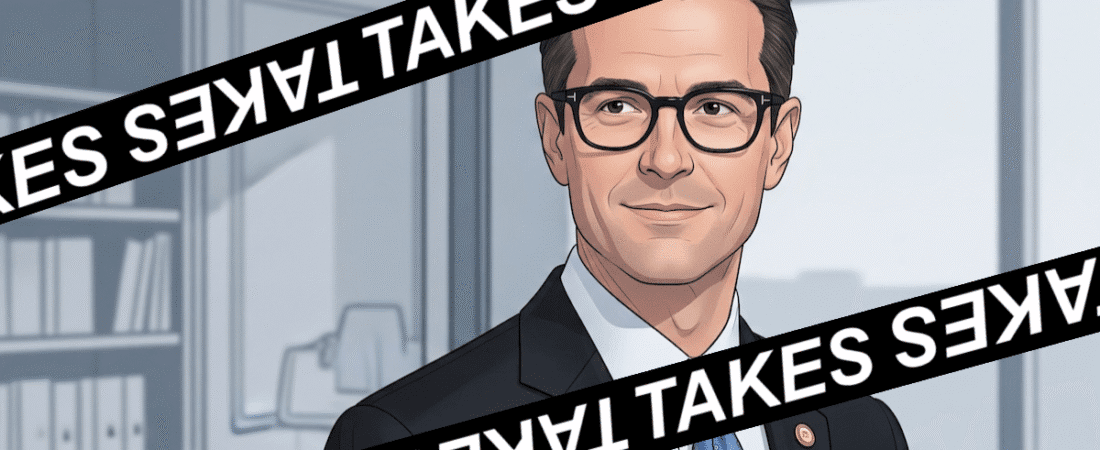DOJ’s Evolving Stance on Crypto Developers: What Galeotti’s Speech Means for Legal Risks and Innovation


The Department of Justice’s approach to crypto developers appears to be evolving, but the recent speech by Acting Assistant Attorney General Matthew Galeotti leaves more uncertainty than resolution. Galeotti, speaking at a summit hosted by the American Innovation Project, declared that federal prosecutors will not target open-source cryptocurrency developers who write code without the intent to facilitate crime. Stressing that “merely writing code without ill intent is not a crime,” Galeotti attempted to reassure the crypto community that developers would not be held liable as criminals merely for producing software.
Galeotti’s comments echoed an earlier memo from Deputy Attorney General Todd Blanche, which promised to end the practice of “regulation by enforcement” that characterized previous administrations’ handling of digital assets. Instead, the DOJ claims it will focus on even-handed enforcement and not use indictments as a tool to create new rules for the crypto industry. The message: fear of prosecution should not stifle technical innovation or leave developers guessing about the legality of their work.
The context behind these remarks is significant. High-profile criminal cases against developers of privacy protocols—like Tornado Cash—have alarmed the open-source community. In these instances, the contention was whether simply writing and publishing code could be criminalized if others used that code for unlawful ends. Galeotti’s assurances are intended to draw a line between writing code and intentionally enabling illegal activities such as fraud or money laundering.
Despite these statements, considerable ambiguity remains. Legal experts and advocates argue that “intent” is a slippery standard and that the DOJ’s position does not amount to binding legal protection for developers. Cases like those involving Tornado Cash and Samourai Wallet highlight that the risk of prosecution is far from eliminated. Without legislative reform or judicial precedent clearly protecting software publication, developers may still face prosecution if their intent or the use of their tools by others comes under scrutiny.
In summary, Galeotti’s speech offers the appearance of progress and a softer stance, but it provides little concrete assurance for open-source developers. The crypto community may welcome the friendlier rhetoric, but the fundamental legal risks persist until clearer, binding rules are established. Developers remain in uncertain territory, waiting to see whether the DOJ’s words signal real change or simply a temporary shift in tone.

コメントを書く